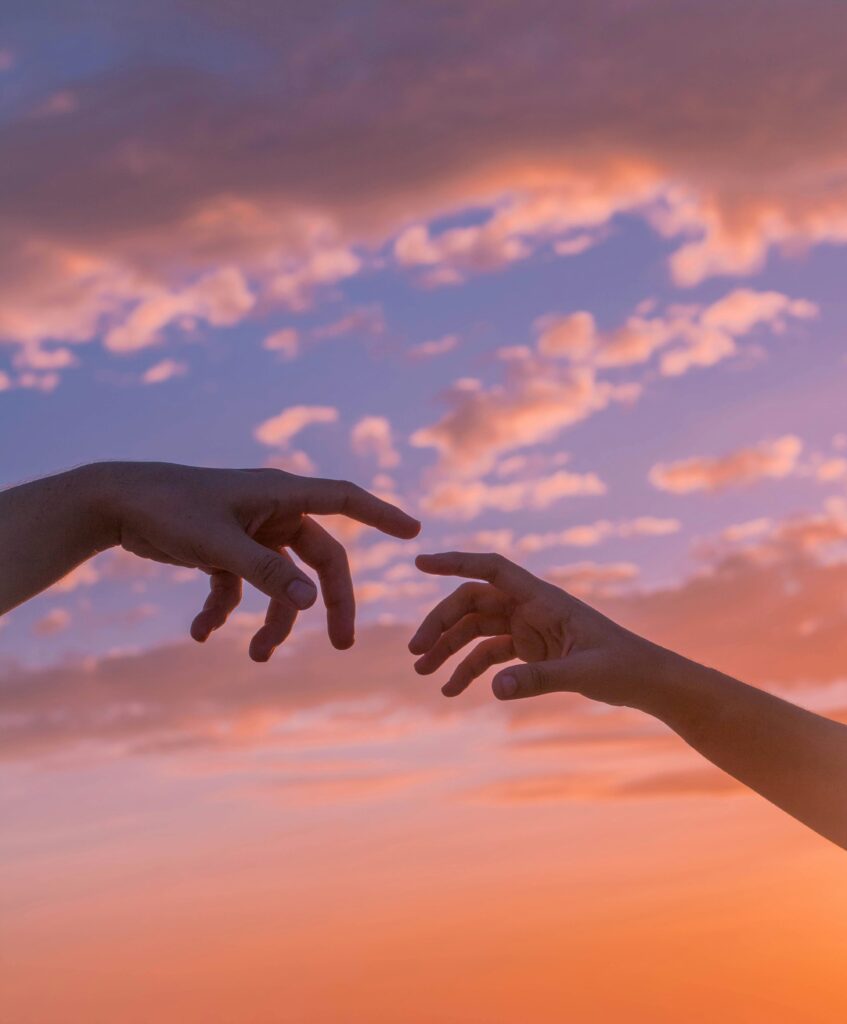Self-mastery is where my journey began over 11 years ago. I started by working on my thinking—learning to pay attention to my thoughts and beginning to question them. From there, I started to understand that my feelings were primarily coming from my thoughts. If I learned to manage my thoughts, my feelings were more or less under control.
This wasn’t meant to be used as a form of suppression. The idea was that if my thoughts were generating the majority of my feelings, then feeling better might be as simple as managing my mind a little more. Over time, I realized that some of my feelings had become habits. For example, a lot of the fear I felt around not having control over my external circumstances was just that—habitual. Even after I had managed my thinking, the fear remained. I had to sit with the fear for a long time to break the habit of it.
At first, I didn’t realize how much habit was messing with my emotional clarity. When feelings become habitual, they stop being honest guides. They’re more like background noise or a stuck record—replaying the same fear or resistance without pointing me anywhere new. It was only after breaking the habit of certain feelings that my emotions began to serve as a real GPS: early warning signals, intuitive flashes, clues to what my mind was doing before I even knew it. If I wanted something, then getting out of my own way meant managing the thinking that stood between me and it.
The final step in the process was my behaviour. That’s when self-mastery became a tool I was consciously aware of. By then, I had enough control over my thoughts and feelings that changing my behaviour no longer felt overwhelming. I had a logical understanding of what I was doing and why—and that gave me the ability to make clear choices about how I wanted to show up in the world.
Self-mastery now gives me the tools I need to live my life. I use the same basics—questioning my thoughts and feelings—to move through daily experiences. The foundational goal of self-mastery is conscious self-awareness. I try to stay aware of how I’m showing up and what I’m putting out in the world in every situation I find myself in. Those were the building blocks that eventually led me to self-responsibility.
In spirituality, we learn that we don’t control our external circumstances. But in order to avoid becoming victims of those circumstances, we have to recognize that what we do have control over is ourselves. That means seeing where we’re creating or contributing to our own pain. The first step in that process is self-mastery—because it gives us the tools to actually understand our individual impact on our own lives. Until you begin to see yourself clearly and break the emotional habits, you can’t do these things.
Seeing your own thoughts, feelings, and behaviour clearly—without judgment—is where the true value of self-mastery lies. When you screw up (and you will, because you’re human), self-mastery lets you steer your own ship. It gets you to question where the reaction came from, manage the pain it stirred up inside you, take ownership by apologizing for the crappy response, and then move in a completely different direction—one that honours both you and the people around you. There’s no story of blame. No story of self-flagellation. Just an honest acceptance of what happened, why you created it, and what you’re going to do to make it right.
Self-mastery isn’t selfish. In spiritual circles, we often hear about the importance of filling our own cup first. But from the perspective of self-mastery, honoring ourselves starts with understanding ourselves in the experience. You can’t truly fill your cup if it’s full of holes. And most of us are leaking energy, clarity, and presence without realizing it. Self-mastery gives us the tools to find the leaks and patch them, so that when we do fill up, it actually stays that way. What appears to be selfishness is actually balance. It’s you saying that you deserve to be included in your own life. You’re allowing yourself to make choices that not only honour the people around you, but also honour you.
Society spends so much time teaching us to be selfless that most people forget they exist. Self-mastery is how you remember—because it teaches you to notice yourself, maybe for the first time in years. When practiced with intention, self-mastery insists that you stay conscious. It won’t let you look away from yourself—because self-awareness demands presence. And this presence naturally leads you to include yourself in your own life—not because your ego wants attention, but because you begin to recognize your own value.
Recognizing your own value leads to deeper internal healing—making self-mastery the first step in a much larger process of becoming who we truly were before the pain taught us who it thought we should be.
Love to all.
Della




